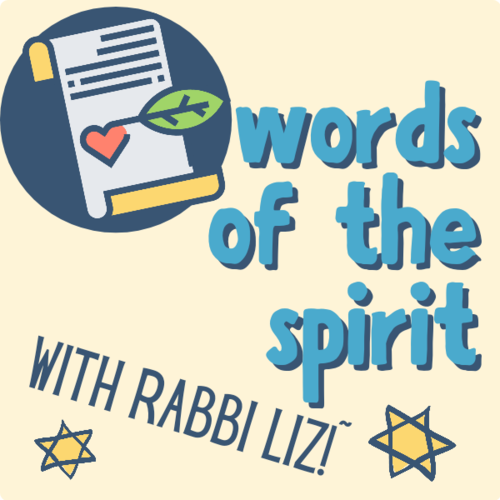|
Human Rights As a Jewish Concept
How is human rights a Jewish concept? Is it even possible or appropriate to shoehorn an apparently secular construct into a specific religious or cultural context?
Two thoughts arise first:
- The concept of an internationally-recognized corpus of human rights, and its attendant institutions, arose immediately following the Second World War, and the recognition of the horrors of the Holocaust.
- Many conversations, reflections and debates throughout the evolution of Jewish thought point to a foundational value that tracks significantly with contemporary definitions of human rights.
Here is some of the evidence for these contentions that I shared as we were preparing to celebrate Human Rights Shabbat in December 2018:
- Rabbi Shimon ben Gamliel teaches in Pirkei Avot that the world is founded on truth, justice, and peace, core universal values.
- The first chapter of the book of Genesis upholds the inherent value of each human being based on the idea that we are all created in God’s image, betselem elohim.
- Rabbinic Judaism applied the term kevod habriot to refer to the notion of inherent human dignity and equality.
- Prophets such as Isaiah remind us that what God wants from us is to feed the hungry and free the oppressed.
- We have an obligation to create a just and compassionate society, a point emphasized throughout the book of Deuteronomy.
- Specific values embodied in the Universal Declaration of Human Rights – such as the right to a hearing by an independent and impartial tribunal – are echoed in Jewish tradition.
Exodus 12:49, for example, mandates that there shall be “one law for the citizen and for the stranger who dwells among you,” while Deuteronomy 16 underscores the need for an impartial judiciary.
From the Hasidic world, this teaching comes to mind this year:
Rabbi Simhah Bunim of Przysucha taught - Every person should have two pockets so he can reach into one or the other, according to his needs. In his right pocket are to be the words:
“The world was created for my sake.” And in the left: “Who am I but dust and ashes.”
How do we “translate” this teaching that we are all no more or less deserving of dignity than any other being? We begin by paying attention to what the prophets and teachers of our tradition are calling for, are imploring of us, are holding up as ways to see each other as images of the Divine. In this moment, Rabbi Bunim’s teaching sounds like a clarion call to ally ourselves – our people, our community, our fate – to that of our BIPOC neighbours.
Studying the secular declaration along with our own textual tradition and values, I’ve never doubted that Judaism holds dear, as the first Article of the declaration begin, that “All human beings are born free and equal in dignity and rights.”
Rabbi Liz
|







